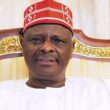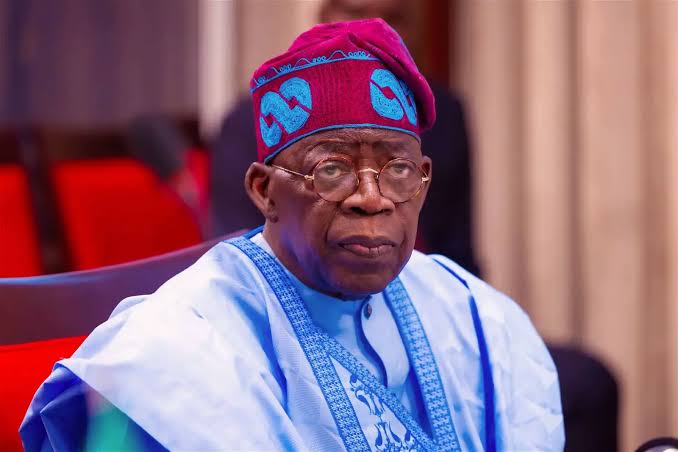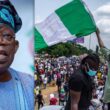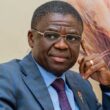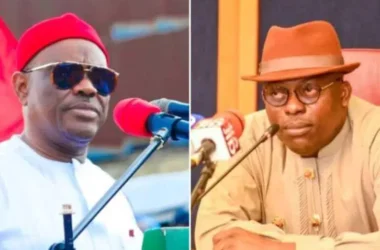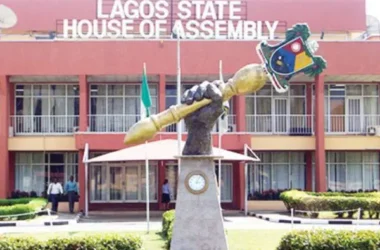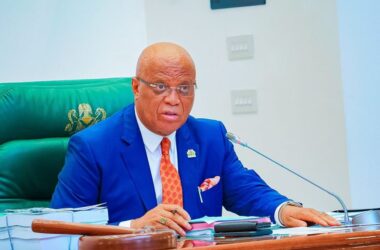In a bid to prevent nationwide hunger protests scheduled for August 1 to 10, President Bola Tinubu held a series of urgent meetings on Thursday at the Aso Rock Villa, Abuja. The President met with All Progressives Congress (APC) state governors, traditional rulers, and Ulamas (Islamic scholars) to discuss strategies for addressing the growing discontent.
The potential protests, driven by widespread economic hardships, have been gaining momentum online under the hashtag ‘EndBadGovernance.’ The movement’s organizers remain anonymous, adding to the tension and uncertainty.
The first meeting, involving APC governors under the Progressives Governors Forum, started at 1pm and lasted over an hour. Present were National Security Adviser Nuhu Ribadu, Finance Minister Wale Edun, and Economic Planning Minister Abubakar Bagudu, among others.
Following this, Tinubu convened with prominent traditional rulers, including the Sultan of Sokoto Muhammad Sa’ad Abubakar III and the Ooni of Ife Oba Adeyeye Enitan Ogunwusi, who urged for dialogue over protests. The Sultan emphasized, “We are all stakeholders in this country and are stronger as a nation than individually.” This meeting concluded at 4pm.
In the evening, Tinubu met with Ulamas, finishing the discussions after 6pm. The traditional rulers expressed their concern over the protests possibly being hijacked by hoodlums, urging organizers to engage in dialogue with the government instead.
Oba Adeyeye highlighted the importance of unity, stating, “We should talk to ourselves. We need to know that today; it’s a completely different spin. The government, ably led by the President, is willing to engage and dialogue and bring governance very close to the people.”
The Emir of Zazzau, Ahmed Bamalli, echoed these sentiments, stressing that insecurity in the north was a major factor in Nigeria’s food crisis. He urged the government to tackle security issues to allow farmers to return to their lands, thereby reducing hunger.
Meanwhile, the Dein of Agbor Kingdom, Ikenchukwu Keagborokuzi I, appealed to the youth, acknowledging their frustrations but advising against protests, citing the aftermath of the Arab Spring in Libya as a cautionary tale.
The National Orientation Agency (NOA) also urged traditional leaders to educate the youth against the protests, warning that they could exacerbate existing security and economic challenges.
Additionally, the Nigerian Army and the Department of State Services (DSS) issued warnings about the protests potentially being hijacked by criminal elements. Major-General Edward Buba of the Defence Headquarters stated, “We must quench the fire of violence, rather than ignite the fire. Cool heads must be allowed to prevail in order to save our nation from anarchy.”
In response to criticism over his administration’s stance on protests, President Tinubu reiterated his commitment to democratic principles. He said, “During the military era, we made our voices heard against dictatorship, and I was part of the group that engaged in peaceful protests without resorting to the destruction of property.”
With growing pressure, the President faces a crucial test in addressing the nation’s economic woes and preventing potential unrest, while maintaining democratic integrity.




